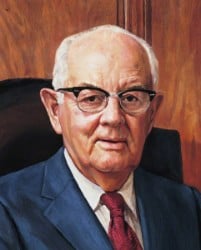
“The repenting sinner must suffer for his sins, but this suffering has a different purpose than punishment or payment. Its purpose is to change.”
LDS Quotes About Sin

“The repenting sinner must suffer for his sins, but this suffering has a different purpose than punishment or payment. Its purpose is to change.”
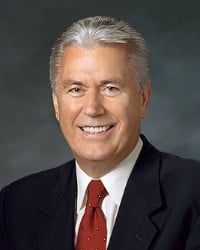
“Pride is the sin of comparison. This is the sin of, ‘Thank God I am more special than you.’ At its core is the desire to be admired or envied. It is the sin of self-glorification. When those they envy stumble or suffer, they secretly cheer. When we become obsessed with our status; when we focus on our importance, power, or reputation; when we dwell on our public image…that’s when pride begins to corrupt. Despite his magnificent abilities and accomplishments, the Savior was always meek and humble.”


“Rationalizing is the bringing of ideals down to the level of one’s conduct. Repentance is the bringing of one’s conduct up to the level of his ideals.”
| The Miracle of Forgiveness
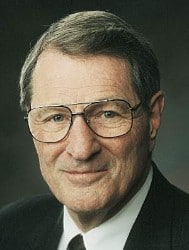
| The Neal A. Maxwell Quote Book
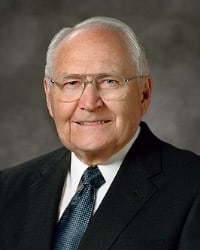
“God reveals to His prophets that there are moral absolutes. Sin will always be sin. Disobedience to the Lord’s commandments will always deprive us of His blessings.”

“God reveals to his prophets that there are moral absolutes. Sin will always be sin. Disobedience to the Lord’s commandments will always deprive us of his blessings.
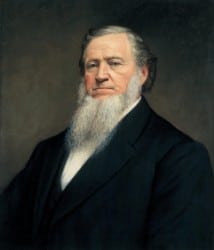
“I call evil inverted good, or a correct principle made an evil use of.”
| Journal of Discourses
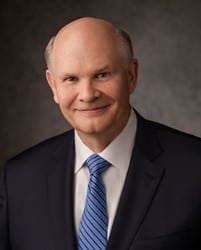
“God’s desire that Latter-day Saints keep on trying also extends beyond overcoming sin. Whether we suffer because of troubled relationships, economic challenges, or illnesses or as a consequence of someone else’s sins, the Savior’s infinite Atonement can heal even—and perhaps especially—those who have innocently suffered. He understands perfectly what it is like to suffer innocently as a consequence of another’s transgression. As prophesied, the Savior will “bind up the brokenhearted, … give … beauty for ashes, the oil of joy for mourning, [and] the garment of praise for the spirit of heaviness.” No matter what, with His help, God expects Latter-day Saints to keep on trying.”
| "Latter-day Saints Keep on Trying"
